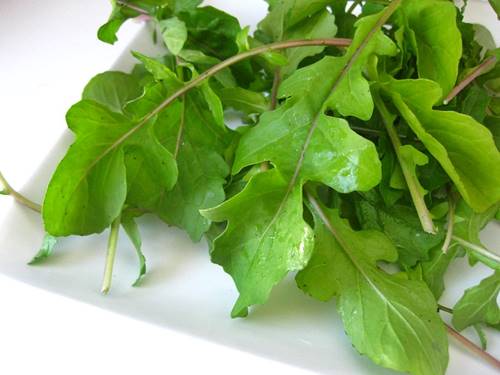Vegetarian diet protects against cancer
Cancer Prevention
Fact Checked
×All the content published in our website is fact checked to validate its accuracy.
Visit our guidelines web page to learn more about our strict processes regarding how we review our content's sources: reliable and reputable journals, media websites, universities, colleges, organizations, and professionals.
Our articles are based on scientific evidence, and the references are included in its footnotes, which are clickable links to sound scientific papers.
First published: 24. Aug.2025
Overview
A recent study found a significant association between different types of Vegetarian diets (Vegans, Lacto-ovo-vegetarians, and Pesco-vegetarians) and a lower risk for cancer. A plant-based diet has a protective effect against overall cancers, medium frequency cancers, and specific cancers such as colorectal, stomach, and lymphoproliferative cancers. There was also a lower risk for breast cancer, lymphoma, prostate cancer, and colorectal cancers.
There may be a lower risk for some other cancers like ovarian, lung, and pancreatic cancer among vegetarians, but further studies are required to validate this finding.
References and Further Reading
(1) Fraser, Gary E et al., (2025). Longitudinal associations between vegetarian dietary habits and site-specific cancers in the Adventist Health Study-2 North American cohort. The American Journal of Clinical Nutrition, Volume 122, Issue 2, 535 - 543. Aug. 2025
About this Article
Vegetarian diet protects against cancer, A. Whittall
©2025 Fit-and-Well.com. First Published: 24.Aug.2025. Update scheduled for 24.Aug.2028. https://www.fit-and-well.com/fitness/vegetarian-diet-protects-against-cancer.html
Tags: vegetarian, vegan, diet, cancer, colorectal cancer, prostate cancer, immunity, meat






